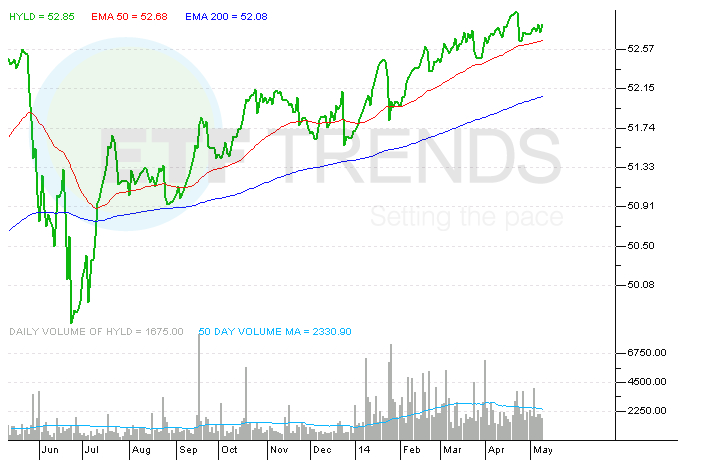Cable TV. Social media. Even newspapers. With all the information swirling around us, it’s easy to get obsessed with watching the market’s gyrations. And it’s tempting to think you can outperform everyone else if you just listen closely enough. The truth is, most of what’s out there is just noise.
Daily ups and downs are a fact of the markets. But you’re not investing for one day. Most people are investing to realize goals that are years, if not decades, down the road. And getting too wrapped up in how the markets will react to what’s going on in Ukraine at the moment, or the latest news out of Washington, is going to distract you from your life goals—like saving for your kids’ college fund or planning for retirement.
Does this mean you should set up your portfolio one day and never look at it again? Of course not. It means that your focus when investing should be on what you’re trying to achieve.
If you’re saving for a down payment on a home, you might have a timeframe of just a few years and need one strategy. Saving for your child’s college costs is another timeframe—10 to 20 years. And retirement takes a whole other level of thinking. Young people today are looking at a timeline of more than half a century.
Imagine your money is like an employee: you want it to work for you. Are you going to stand over your money’s shoulder, micromanaging and questioning every single thing—and ruining its productivity? Or are you going to put it on a solid path and give it the room to succeed?
But you shouldn’t have to do this alone. Those of us in asset management need to take this conversation beyond the ticker tape. Yes, investors want sophisticated analysis and carefully managed funds—but what’s most important to people is getting the products (and the advice) that will take them to the finish line.
So when you think about what to do with your money, don’t think about what’s on the news. Don’t think about what’s important to talking heads or the Twitterati. Think about what’s important to you, and what your goals are. And remember just how long it takes to achieve each of them.
Read more: BlackRock, The Blog
******
The views expressed here are that of myself or the cited individual or firm and do not constitute a recommendation, solicitation, or offer by myself, D2 Capital Management, LLC or its affiliates to buy or sell any securities, futures, options or other financial instruments or provide any investment advice or service. D2, its clients, and its employees may or may not own any of the securities (or their derivatives) mentioned in this article.
The Jacksonville Business Journal has ranked D2 Capital Management in the top 25 of Certified Financial Planners in Jacksonville. The Firm is also a member of the Financial Planning Association of Northeast Florida, the Jacksonville Chamber of Commerce, the Southside Businessmen's Club, and the Beaches Business Association.












